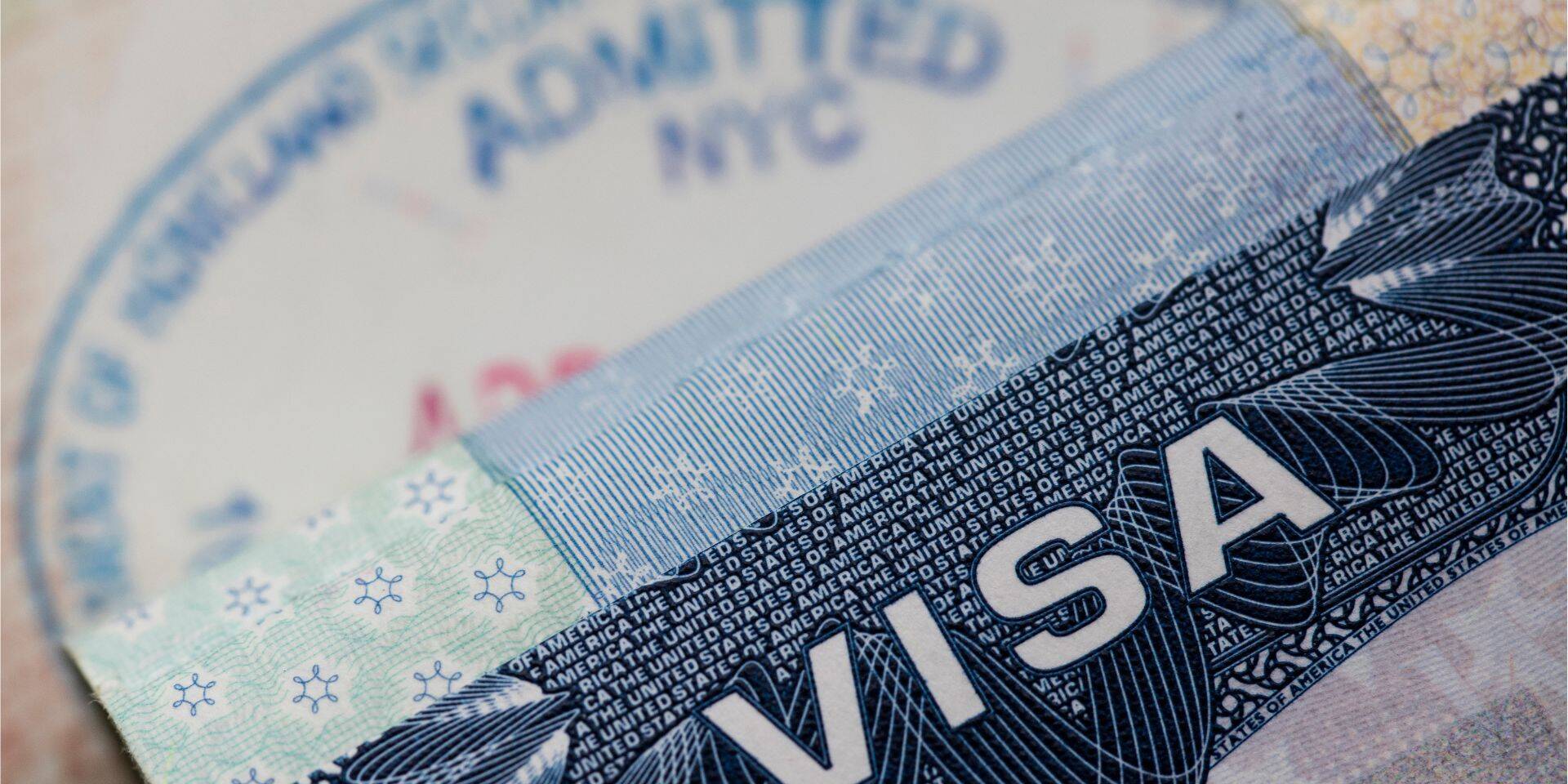President Biden and a group of bipartisan senators are reportedly close to an immigration policy agreement. The new policy could be made public the week of January 29, 2024. If enacted, the potential agreement will be the first major bipartisan overhaul of U.S. immigration since the 1990s. However, the agreement may face a difficult road in Congress.
The agreement is expected to give the President a new legal authority to suspend asylum when crossings at the U.S. – Mexico border reach specific levels. Individuals crossing into the U.S. between ports of entry who then surrender to federal agents requesting asylum would be removed to Mexico or their home country, with some exception for those who qualify for various humanitarian refugee options. Current U.S. policy states individuals who are on U.S. soil are allowed to request asylum, even if they are in the U.S. without a legal basis.
There are reported requirements for the President to ‘shut down the border.’ If average daily illegal crossings reach 5,000 over seven days, or any single day hits 8,500 or more, the policy can be activated. The President would also have the ability to activate the policy at their discretion if average daily crossings exceed 4,000 in a week. Finally, a limit on the number of days per year the president can activate the option would be included.
The process of claiming asylum at official ports of entry are not expected to change.
Other potential updates include:
- Increasing the scope of expedited removal policy,
- Deciding asylum cases within six months,
- Requiring a higher standard of proof during initial asylum interviews
Individuals who pass the initial asylum screening will be granted employment authorization upon entry as well. Another proposal is to offer legal support to asylum-seekers.
The immigration parole program remains an area of controversy. Over 1 million migrants and refugees have come to the U.S. under the program during the Biden administration. Based on reports, the program will continue, giving qualifying U.S.-based individuals the ability to sponsor individuals from certain countries.
There is no path to citizenship for the 11 million immigrants living in the U.S. without a legal basis, including those included under the DACA program.
A total of 50,000 new employment and family-based immigrant visas would also be made available. Children of H-1B visa holders would also gain immigration status.
A request of $14 Billion from the White House is reportedly required to support the proposed policy.
As always, ILBSG actively monitors updates on U.S. immigration policy. If you have questions about any immigration-related issue, contact us. Our team of experienced attorneys work directly with clients to ensure they get the right advice.
Related Posts
May 15, 2025
Federal Judge Denies Granting Nationwide Relief for F-1 Visa Students
A federal judge placed an injunction on…
May 15, 2025
Sixty-Five Percent Rejection for FY2026 H-1B Visa Cap
Registrants for the FY2026 H-1B visa…
May 14, 2025
June 2025 Visa Bulletin: Modest EB-2 and EB-3 Movement, Slight F-4 Movement
The June 2025 visa bulletin will see…



